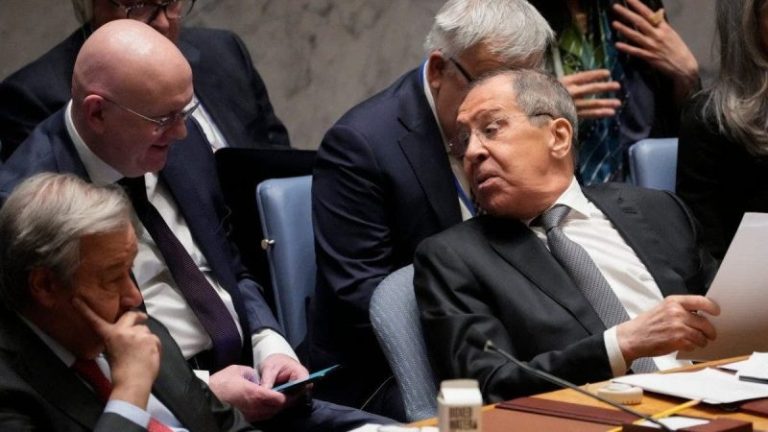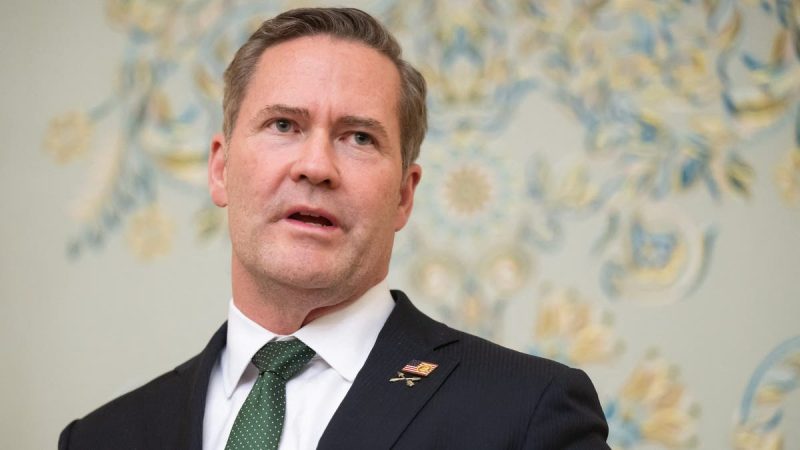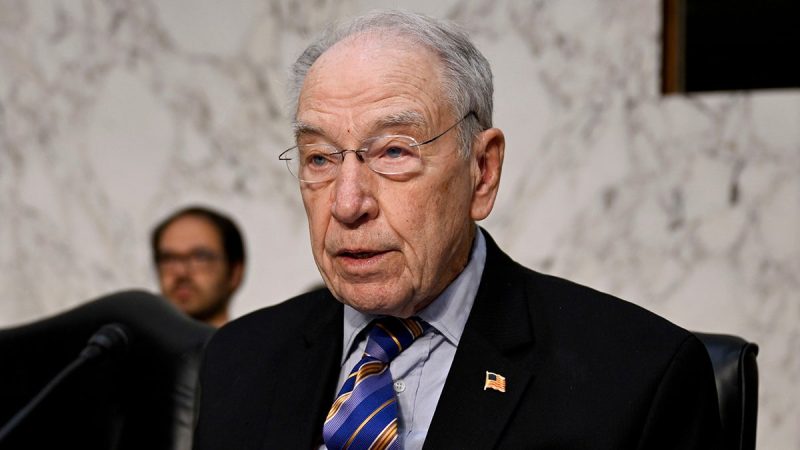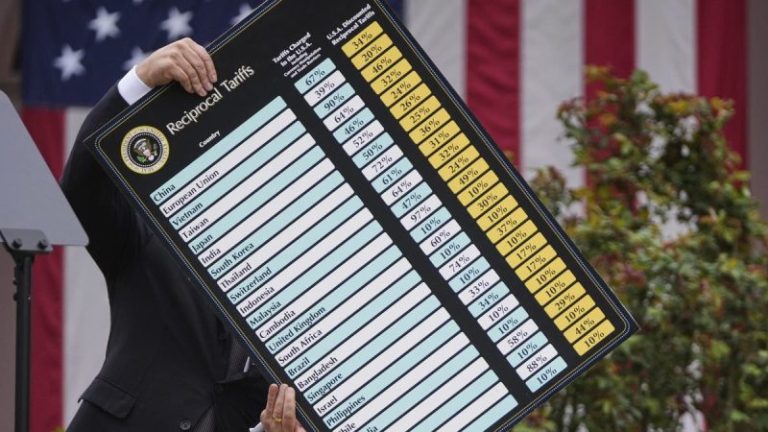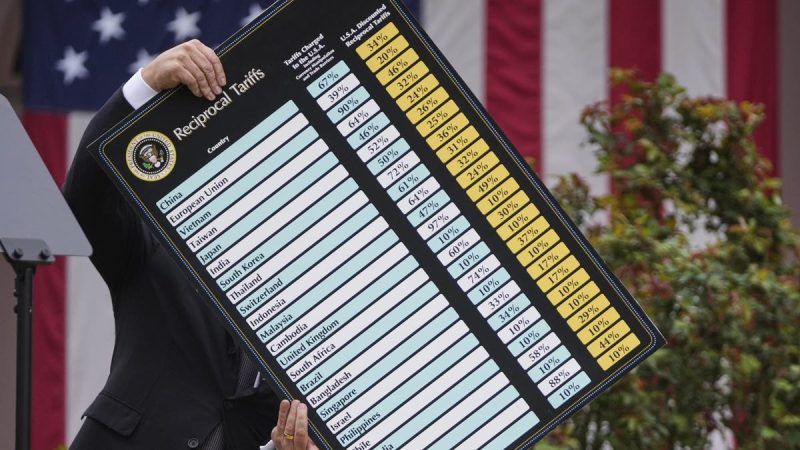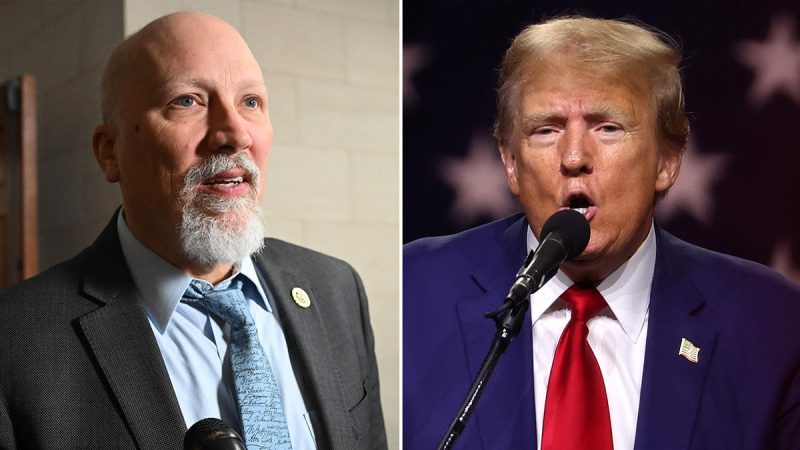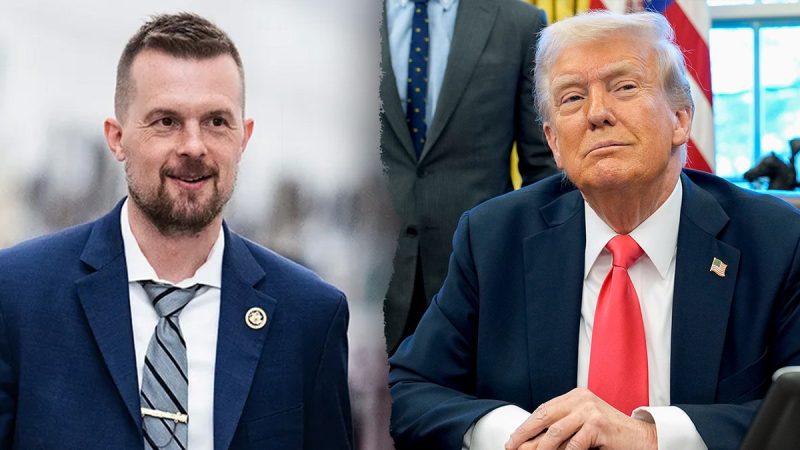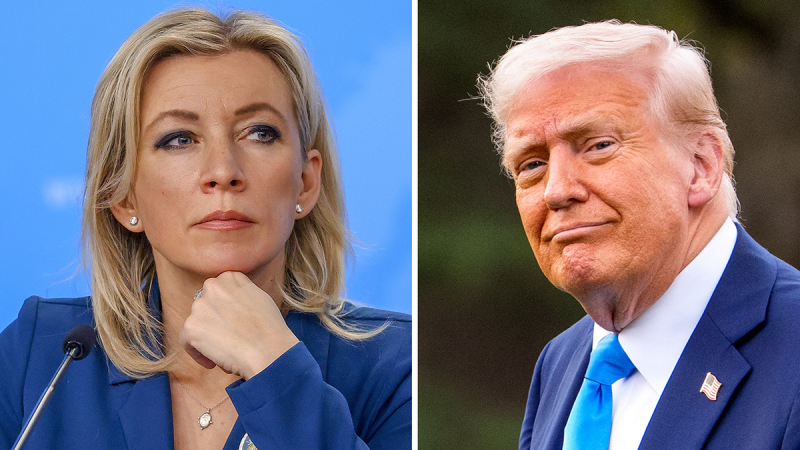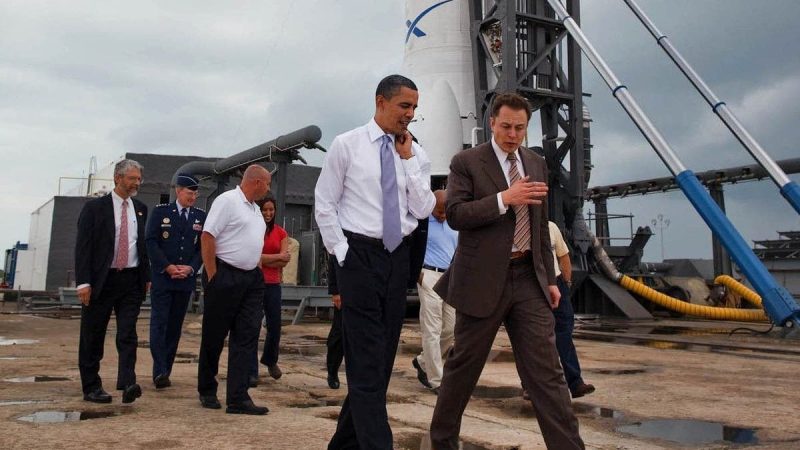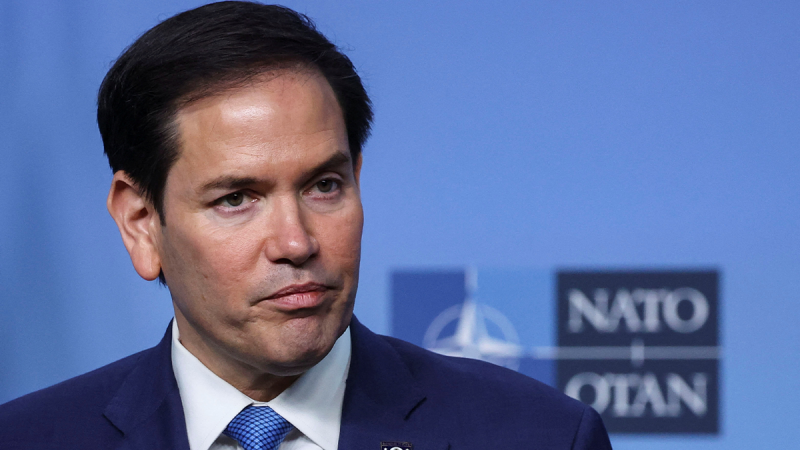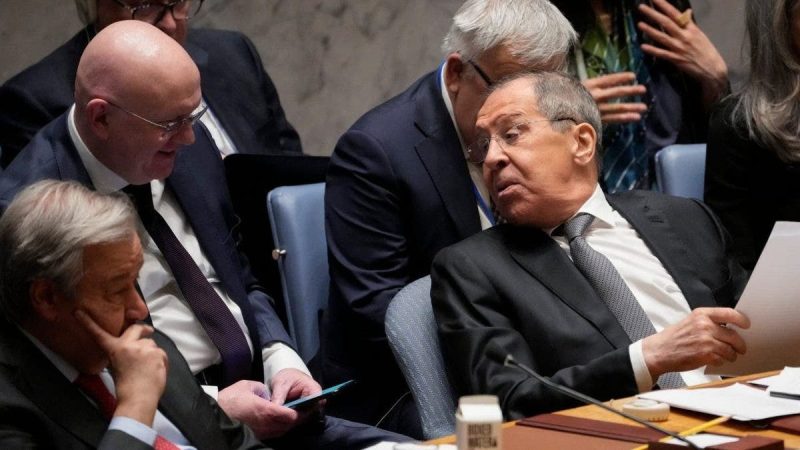
A 1947 agreement outlining obligations as host of the United Nations continues to give employees and their family members relatively unfettered access to the U.S.
At a time of increased national security fears and immigration enforcement by the Trump administration, experts are urging a re-examination of the host nation agreement with an eye to the functional immunity granted to U.N. staff and the limited vetting given to those with U.N. visas.
‘The United States appears to have taken a relaxed view of the individuals entering the country associated with the U.N., either as employees or as representatives of various country missions. And yet we know that U.N. employees have had, and continue to have, close, direct relationships with terrorist organizations, like UNRWA and Hamas,’ Anne Bayefsky, director of the Touro Institute on Human Rights and the Holocaust and president of Human Rights Voices, told Fox News Digital.
Bayefsky said there is ‘a disconnect between the welcome routine and the significant harm to American interests. Hosting the U.N. does not require the host country to facilitate or endure threats to its national security.’
The federal government grants G visas to employees, spouses and children of international organizations, including the U.N., who reside in, or are visiting, the U.S. According to the State Department’s website, ‘if you are entitled to a G visa, under U.S. visa law, you must receive a G visa. The exceptions to this rule are extremely limited.’ The Department of State also explains that ‘Embassies and consulates generally do not require an interview for those applying for G-1 – 4 and NATO-1 – 6 visas, although a consular officer can request an interview.’
Hugh Dugan, a senior advisor to 11 U.S. former ambassadors to the U.N., told Fox News Digital that it ‘appears to me that the issuance of the G visas for [U.N. employees] is a relatively rubber stamp exercise.’ While not requiring interviews of personnel has ‘become a matter of convenience, frankly, we should always be able to assess a threat to our country.’’
Dugan, a former National Security Council special assistant to the president and senior director for international organization affairs, said nations like Russia and China are only allowed to travel a certain distance from U.N. headquarters. ‘We are mindful of our adversaries’ activities and presence here, but the door is open to participate in the U.N. and the host country agreement makes that possible so that no country would be barred because of a certain political atmosphere or issue that might be brewing between us and them.’
Fox News Digital asked the State Department whether it requires interviews for staff from adversarial member states, including Cuba, Venezuela, Russia, North Korea, Iran and China, but received no response. A State Department spokesperson reiterated that consular officers ‘have full authority to require an in-person interview for any reason.’
Peter Gallo, formerly an investigator with the U.N. Office of Internal Oversight Services (OIOS), told Fox News Digital that he is particularly concerned about the functional immunity granted to U.N. staff participating in activities related to their employment. Gallo explained that ‘U.S. legal system has come to accept that pretty much it’s a blanket coverage.’ He added that ‘immunity breeds impunity.’
Gallo claimed that there is an epidemic of sexual offenses and misconduct among U.N. staff. He cited an incident in which a U.N. employee outside the U.S. sexually harassed ‘a young female in his department.’ Gallo said it took two years after receipt of the investigation report for an investigation to be completed, which resulted in the demotion of the offending employee. Gallo said the employee who was harassed, and her harasser remained in the same organization.
Gallo said that if employees take part in misconduct while based at U.N. headquarters, the U.S. government should be able to examine cases and determine whether staff should retain their G visas.
Dugan said that if U.N. personnel ‘knew that [immunity] could be lifted at any time by us… they might start behaving a lot differently.’
In response to questions about whether U.N. staff have been accused of sexual misconduct in the U.S., or whether U.N. staff who engaged in misconduct have had their G visas revoked, a State Department spokesperson explained the department ‘generally does not provide’ revocation statistics. They also said that ‘all visa applicants, no matter the visa type and where they are located, are continuously vetted. Security vetting runs from the time of each application, through adjudication of the visa, and afterwards during the validity period of every issued visa, to ensure the individual remains eligible to travel to the United States.’
The spokesperson said officials of the U.N. ‘are expected to respect applicable laws of the United States, including criminal laws. Failure to do so may constitute an abuse of privileges of residence.’ They added that this ‘applies for those who hold diplomatic immunity for their positions as well.’
Among staff who have raised internal alarm bells is U.N. special rapporteur on the occupied Palestinian territories Francesca Albanese, who traveled to the U.S. in 2024 to deliver a report before the Third Committee of the General Assembly. Albanese, whose antisemitism has been condemned widely by senior U.S. diplomats and the State Department, was allowed to tour multiple U.S. college campuses while in the U.S.
In addition to qualifying for ‘rubber stamp’ G visas, staff of international organizations like the United Nations can qualify for green cards if they have spent half of at least seven years of employment inside the U.S., or have been in the U.S. for a combined total of 15 years prior to retirement.

